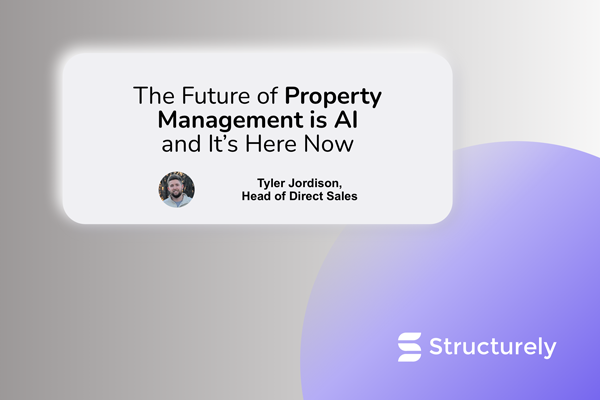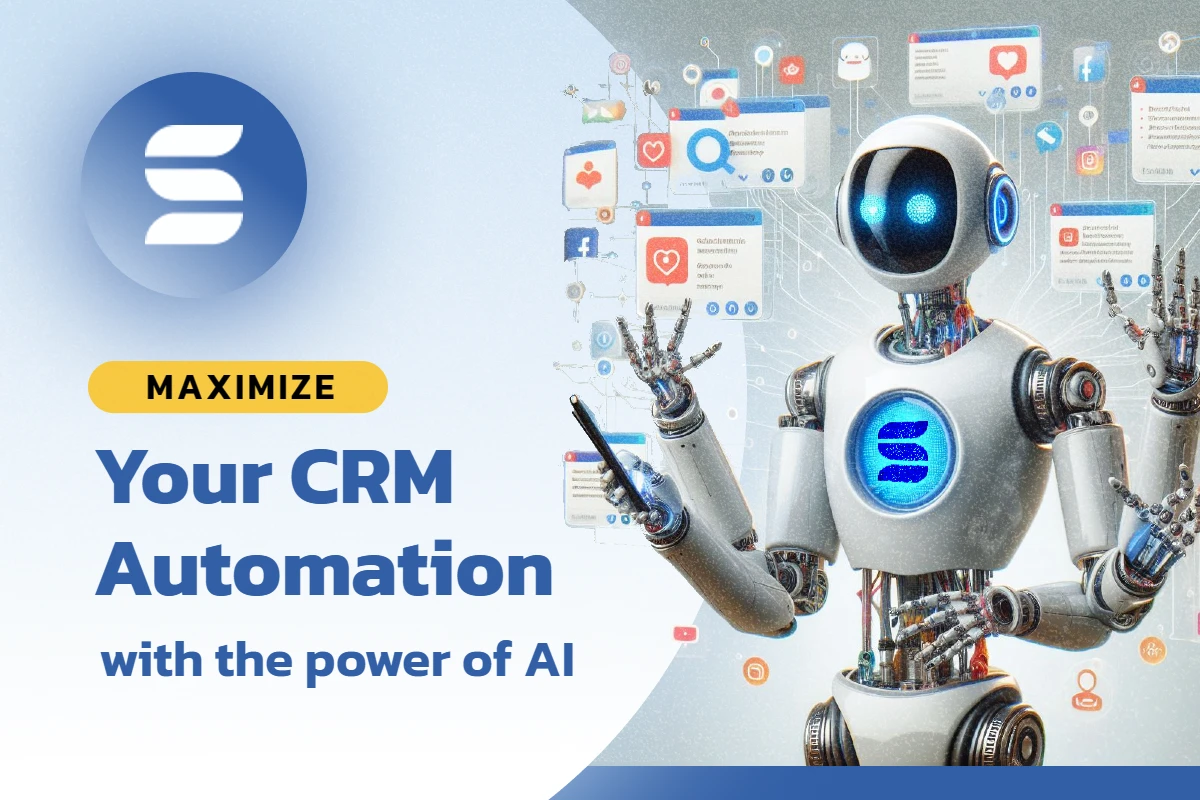
We don’t have to tell you that being a landlord is a tough job — especially in this wacky rental market.
No matter your setup: small property management shop with a few units, a homeowners association, or a single-family or multifamily rental company with properties in many states, the demand to provide the best living experience has never been greater.
You have prospective tenants who are eager to buy a new house and have to make last-minute decisions to rent while they search for their dream home. They need to know your availability STAT and expect a quick response.
And you have tenants who are trying to get a sense of your inventory past 60 days because they need to give two months’ notice and there’s a lot of new apartment buildings in the area.
You don’t know what you’ll have, so you take their contact information and … well, you hope you catch them later.
You may have heard about artificial intelligence (AI) and how more landlords are using AI to handle lead generation of prospective tenants. You have a lot of questions and possibly some hesitations. How can using this help you fill your properties faster?
Your goal as a property manager is two-hold: fill units and keep them filled.
Tenant turnover spells doom, especially in today’s market.
While rent growth is increasing and many markets are recovering, obstacles caused by the demand for housing loom on the horizon.
Yardi found that many “gateway” markets like New York City and Austin are on the uptick from occupancy drops during the past few years but there’s still a long way to go.
👉 Download the FREE eBook 5 Ways Property Managers Can Automate Messaging Tenants
Combined with increased supply for new construction builds and a red-hot demand for what does exist in single-family homes, it could take up to three years for some markets to get to pre-pandemic levels.
This great post from Homee showed the costs of turnover. Having an apartment sit vacant for one month means you have to collect at least $100 extra from the next tenant just to cover the time the home was unoccupied.
With more options and expectations from an “on-demand” mindset that is 24/7/365, you have to respond to potential tenants faster and better.
To combat turnover, property managers have gone digital. In their research on property management, McKinsey wrote:
“As more users adopt these digital-first products and services, users’ expectations will be raised, and players that provide a differentiated post-crisis experience will stay ahead of the curve. These digital offerings (like AI) will pay dividends in the form of superior loyalty and the ability to create brand new revenue streams while better meeting the needs of tenants and end-users.”
So what’s the one (or main) reason why you need AI for your property management? Because it can enhance every step of the tenant journey from inquiry to keys in their hand.
As property managers, you can create a more efficient lead generation and qualification process that ensures speed in responding and consistency in messaging.
That saves you time and money.
If you’re a smaller company or a solo landlord and you send a mass email or text message to all your tenants, you certainly don’t have time to reply to each of them. AI will take care of those responses for you.
Or if you’re an independent property manager and responsible for several properties across town, we can only imagine how difficult it is to adequately field each lead and be able to figure out who’s the right tenant for each property.
Good AI software can answer pre-screen tenant requests and schedule showings for you, saving you a lot of time (and gas money) driving to multiple properties.
These are just a few of the ways to incorporate artificial intelligence into your property management processes. If you can find ways to make your tough job as a landlord just a bit easier, then it’s a win as you fill your units with great tenants.


